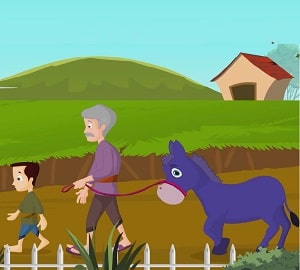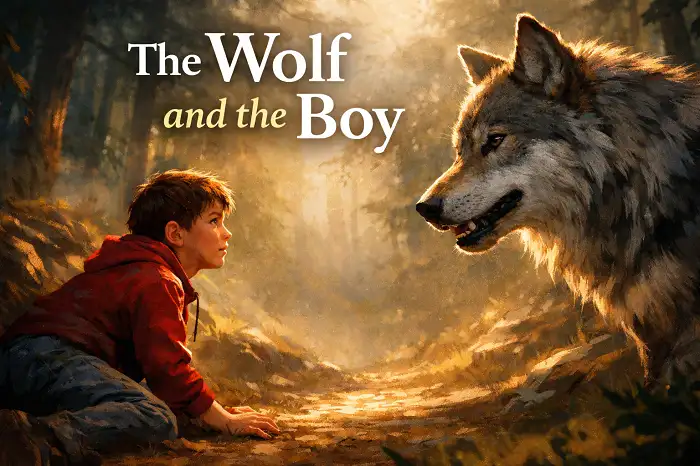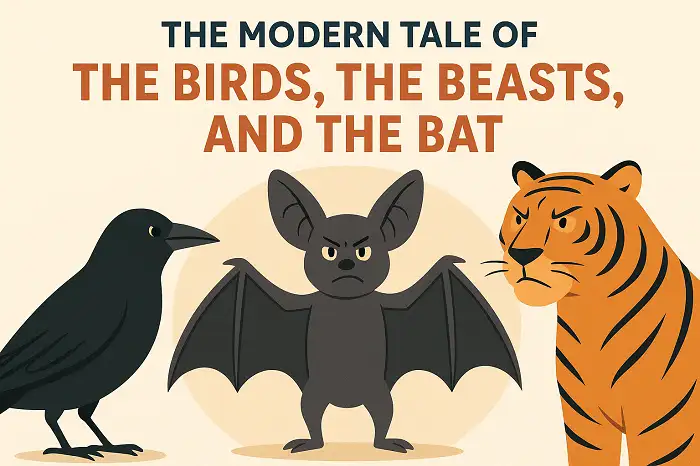The miller his son and the donkey is one of Aesop's fables optimized here for learning English with stories and improving vocabulary in real context. Source of story: Gutenberg Project at www.gutenberg.org Podcast of the Miller His Son and the Donkey https://www.youtube.com/watch?v=fH6iTZ7Zpdk The Miller His Son and the Donkey A miller and his son were driving their donkey to a neighboring fair to sell him. They had not gone far when they met with a troop of women collected round a well, talking and laughing. “Look there,” cried one of them, “did you ever see such fellows, to be trudging along ...
Home » English Short Stories » The Miller His Son and The Donkey from Aesop

The Miller His Son and The Donkey from Aesop
Updated: by Dr. Mohammad Hossein Hariri Asl
Time to Read: 5 minutes | 470 Views | 2 Comments on The Miller His Son and The Donkey from Aesop
Share This Post
About the Author
Dr. Mohammad Hossein Hariri Asl is an English and Persian instructor, educator, researcher, inventor, published author, blogger, SEO expert, website developer, entrepreneur, and the creator of LELB Society. He's got a PhD in TEFL (Teaching English as a Foreign Language).
Number of Posts: 4242



Task 1 : The old Men and his son changed their path every time they met people which also draws attention to the fact that they pay attention to their reputation as people so their are intrested what other people thing of them and they are in a good frame.
Task 2 : Everyone knows he is easy to be impressed which makes him weak so everyone will exploit him sometimes.
Task 3 : Yes, I’m sure he would been successful to sell his donkey because he would be more careful to them and not look like he is naiv but this lesson will give him a good Experience so as not to do this again.
Thank you for your comment on the story of the Miller and His Son.
Feedback
1. These are not tasks. They’re simply some questions for discussion.
2. old men = old man (singular vs. plural)
3. their are intrested what other people thing of them = they are interested in what other people think of them
4. he would been successful = he would be successful
5. naiv = naive
6. more careful to them = more careful about them / take good care of them